The new interactive BBC iReporter game - aimed at youngsters aged 11 to 18 - gives you the chance to take on the role of a journalist in the BBC newsroom.
It is a "choose your own adventure" game, created by Aardman Animations, which challenges you to make your own decisions on which sources, political claims, social media comments and pictures should be trusted as you contribute to the day's news output.

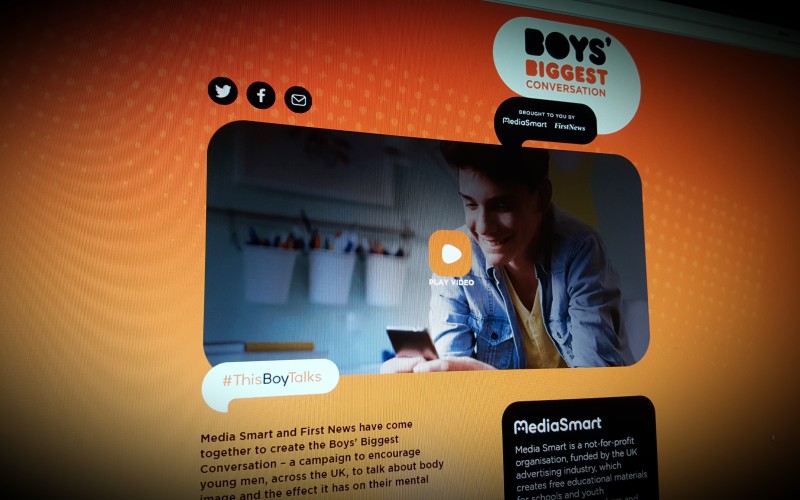
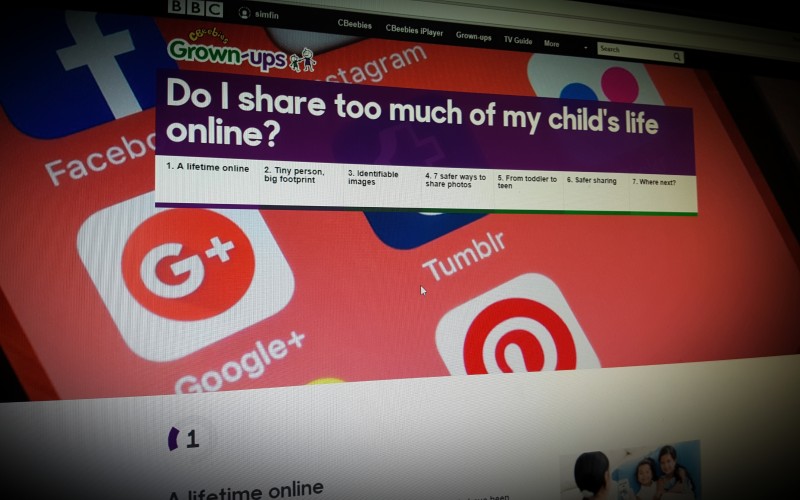
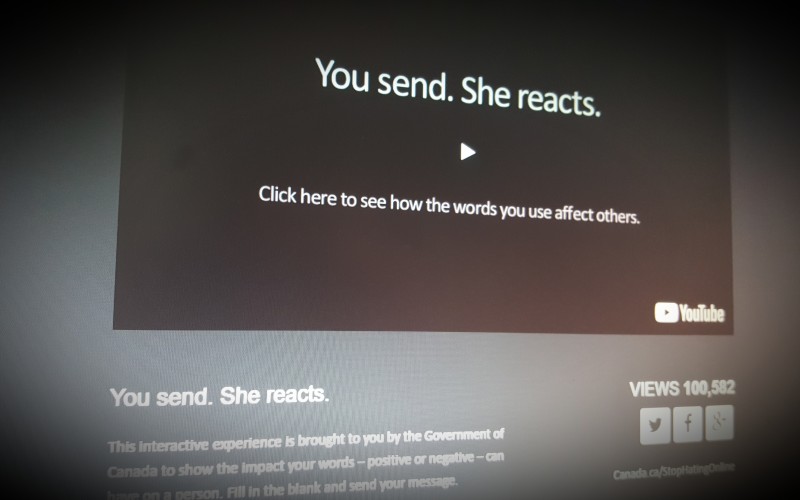
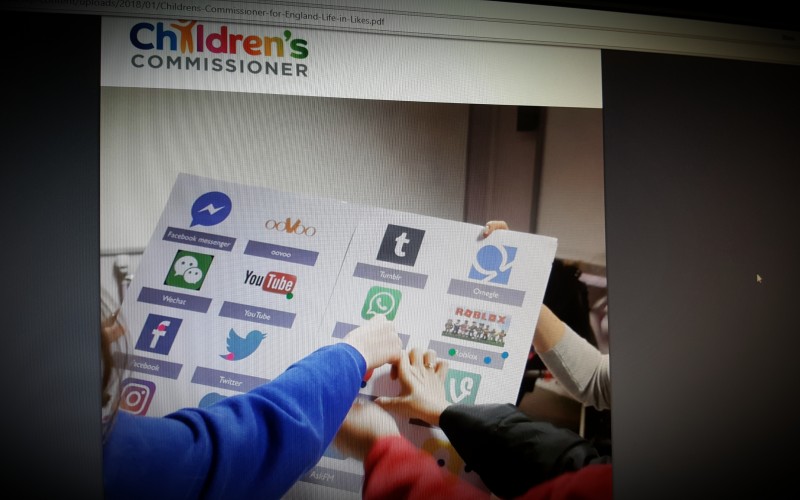
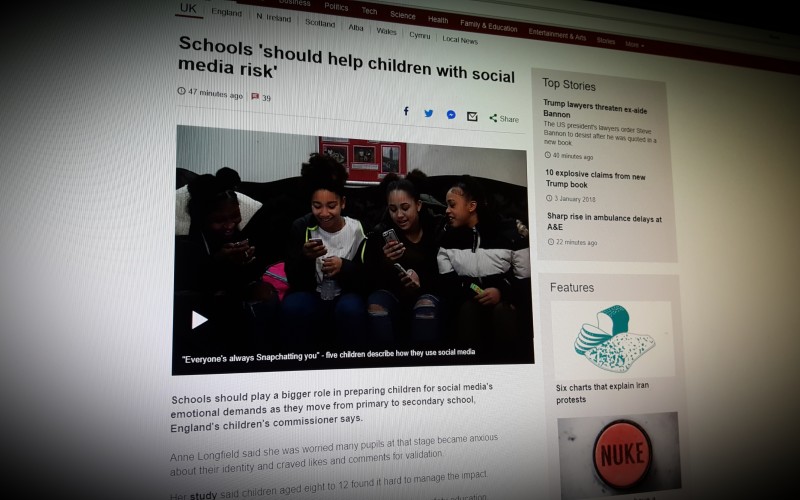
Comments
make a comment